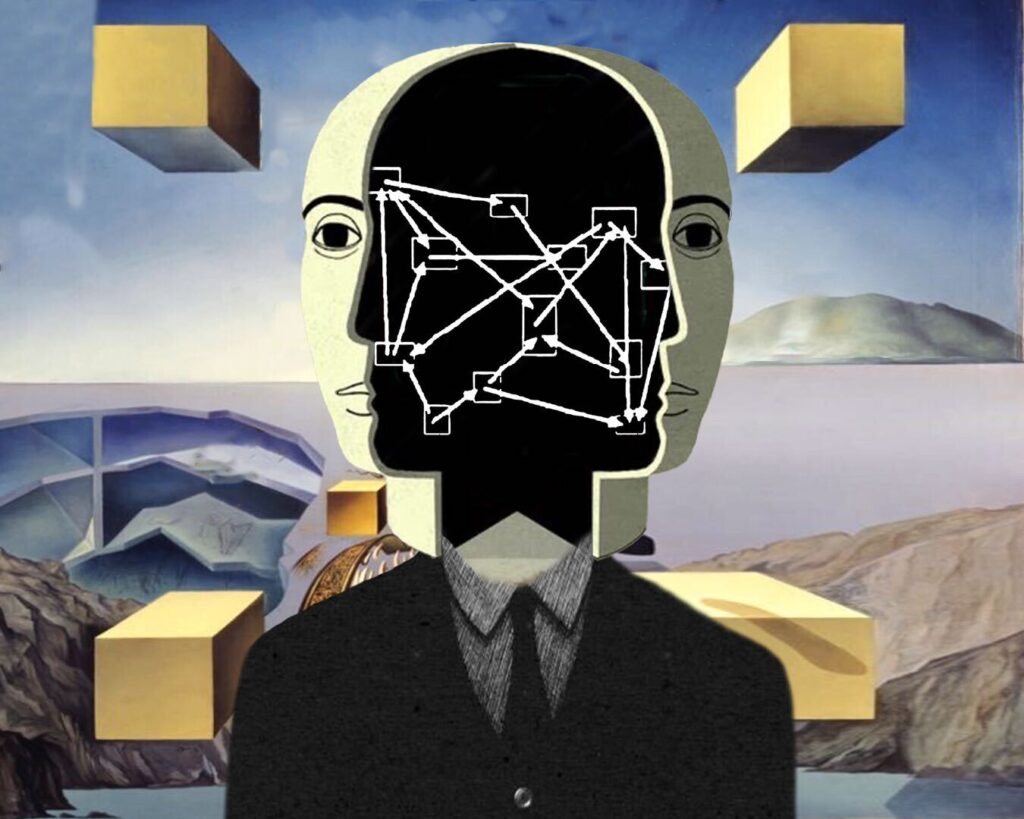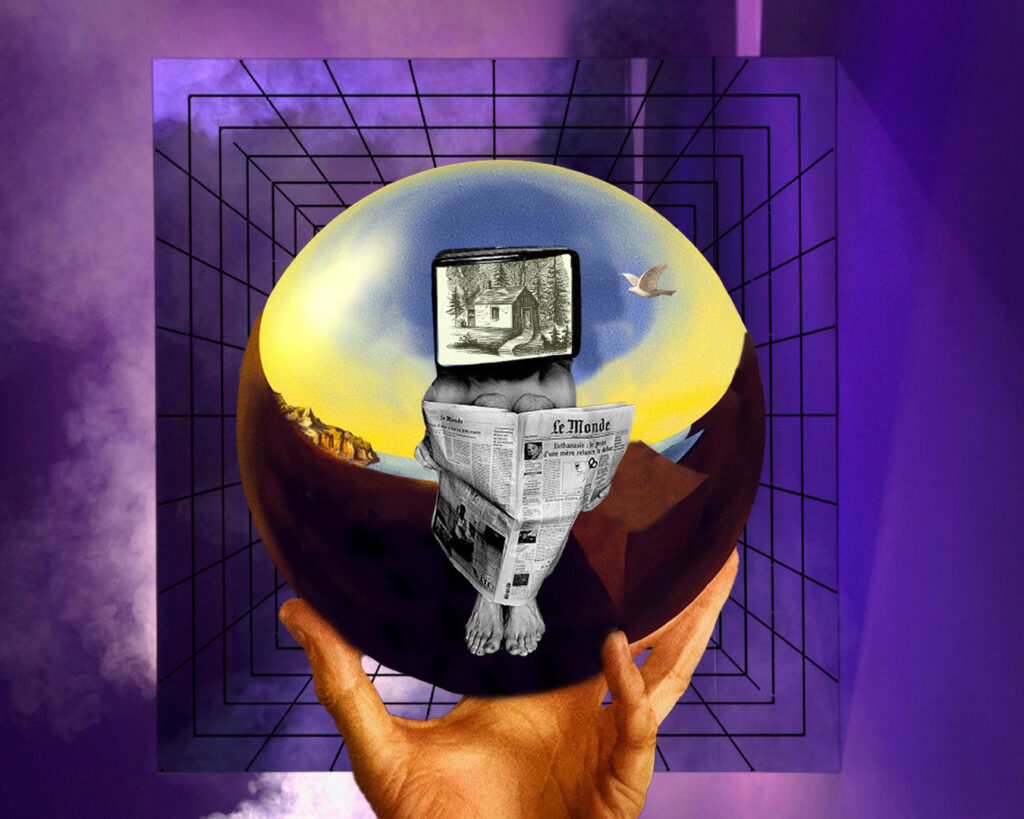This is the index page for a cluster of posts, detailing some of my ideas on the nature, importance and ethics of the Internet.
These posts, together, hope to clarify the actual nature of the Internet, establish why its ethical character is perhaps one of the most important questions for humanity, and issue a manifesto detailing what sort of networking technology we should build.
These posts are equal in importance and order, but I’m forced to express them in a numerical order here; emphatically, the user can start wherever they wish and, I hope, should find many hints and pieces of information linked, to help with unfamiliar subjects.
Here is my prospectus:
Part 1: Six Imperatives for Communications Freedom
A call to action, expressing and explaining the following demands:
- 1. The technology of communication should be free and open source.
- 2. The technology of communication should be owned and controlled by the users, and should help the rightful entity, whether an individual, group or the collective, to maintain ownership over their information and their modes of organizing information
- 3. The technology of communication should have open and logical interfaces, and be interoperable where possible.
- 4. The technology of communication should help users to understand and master it.
- 5. The technology of communication should let users communicate in any style or format.
- 6. The technology of communication should help users to work towards a system that facilitates the storage, transmission and presentation of both the totality of knowledge and of the ways in which it is organized.
※
Part 2: What Is the Internet?
An attempt to clear up some misconception about what the Internet actually is, thereby making clearer how we should think and act in the presence of this strange monster.

It’s in four main parts:
- The Internet is Not the Web — which explores the confusion between the Web and the Internet and, in the process, offers a high-level tour of the functional Internet layers.
- “Internet” Should Not Be Synonymous with “Computer Network of Arbitrary Scale” — which identifies how, quite uniquely, we confuse the Internet for a general concept (like car) when in fact it is one instance of many possible configurations and technologies (like Ford). In this section, I coin CNAS (computer network of arbitrary scale) which I hope properly describes the general concept.
- The Internet is not Natural, Deistic or even that Technical — which attempts to dispel the sense technological just-so that we have with respect to the Internet, the feeling that it just is, that is natural and normal. My claim is that, in fact, the Internet is very unnatural, and very unusual.
- Who Owns and Runs the Internet? — a tour of the ownership structure of the Internet, including the property (physical and conceptual) and the standards that govern it.
- Conclusion: We Need a Civics of Computer Networks of Arbitrary Size, or We Are Idiots — in which I close by claiming that we are essentially forming new societies, mediated by CNASs, and that we need to know our civics; skipping this learning is to risk exploitation and ruin.
※
Part 3: Why the Ethical Character of The Internet Matters
An exploration of the ethical character of the Internet, and what it means for society.

I begin by reaching for three exalted values: goodness, truth, beauty and pairing them with three technological qualities: freedom, interoperability and ideisomorphism (definition), respectively. This is my frame for the following examination of the Internet:
- What Is at Stake? — a catalogue of what, today and in the future, impinges upon the internet, alongside what makes the Internet itself particularly vulnerable to misunderstanding and, finally, why the Internet, participating in a technological feedback loop, demands that we keep it open, allowing anything else risks closing our minds.
- 1. The Internet is engulfing everything everything we care about.
- 2. The Internet is the main home of both speech and information retrieval.
- 3. The Internet is high in virtuality.
- 4. The Internet has lots of technicalities, and the technicalities have bad branding.
- 5. The Internet is the best example that humanity has created of an open, interoperable system to connect people.
- 6. The Internet is part of a technological feedback loop.
- What Do We Have to Lose? — an exploration of what about our consciousness and society stands at risk if the Internet (and other CNASs) take an unethical form.
- Why Now, and Why I Think We’re Up to the Task — a brief exploration of why many of our present problems are caused or exacerbated by unethical communications technology, alongside my claim that the act of creating technology is itself linked to rational and social thought, hence giving us cause for optimism.
- A Rhapsody In Graphs: Up and to the Right, or What Do We Have to Gain? — using Moore’s law as inspiration, I attempt to draw the shape of the benefits that we might expect if we build and maintain ethical communications technology, framed as in the beginning by interoperability, freedom and ideisomorphism.
- What If We Are Successful? — I close with a brief hint at the true promise of a connected society.
2 thoughts on “Index: The Future of Coordinated Thinking”
Comments are closed.